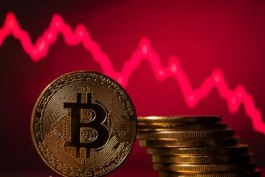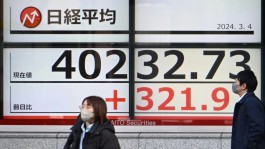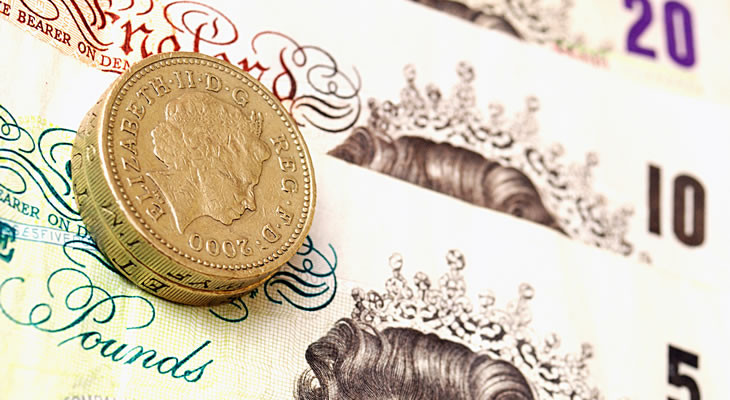The British Pound pushed higher versus other major currencies, after today's jobs report showed UK's employment rate fell and the BoE released comments saying they have yet to see sharp slowing post Brexit.
The Office for National Statistics (ONS) reported that the unemployment rate from March to May fell to 4.9% from the prior and expected reading of 5.0%. This marked the lowest rate since September 2005.
The UK added 176K jobs in the same time period, which crushed expectations of a 71K print, and was also above the prior 55K print.
The Jobless Claims figure beat expectations and signaled a slight rise of 0.4K, which was better than the expected call a 3.5K addition. With that said, the prior reading wasrevised for the worse to 12.2K from the prior -0.4K print, so overall the figures saw 12.6K addition.
Wage figures showed that Core average weekly earnings (which excludes bonuses) fell to2.2% in the three months to May from the prior 2.3%, which was below the expected rise to 2.4%. Average weekly earnings including bonuses was at 2.3%, as expected, and above the 2.0% prior print.
Taking the claims revision into consideration, the jobs report printed both positives and negatives, for an overall mixed report. The huge beat to the employment numbers todaymight make BoE members such as Weale more cautious when considering stimulus measures in the BoE’s August meeting.
Weale said a couple of days ago that in order to loosen policy, he will need to see a weaker growth outlook large enough so that it will justify actions that might see an overshoot to the bank’s 2% inflation target. In this context, a solid jobs report might have been interpreted by the market as contributing to a possible “wait and see approach”.
With that being said, the markets have yet to see any major data on the state of the UK’s economy after the EU vote, and today’s figures were again for the three months to May. Heading into the release, it seemed like the prior pattern of the market brushing off data prior to the Brexit era was going to continue. This might imply that the actual catalyst for the British Pound appreciation was the BoE comments released almost simultaneously.
The BoE released a summary of business conditions. The bank said business uncertainty rose significantly after the Brexit vote, but that firms are seeking to maintain a “business as usual” approach.
The bank said that most firms do not see near term impact on investments or hiring, and that the bank sees no evidence of sharp slowing of activity after the vote.








































